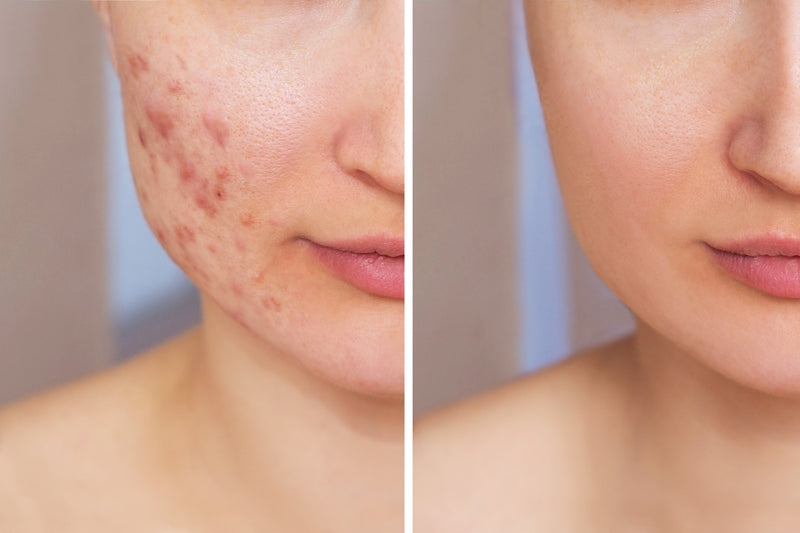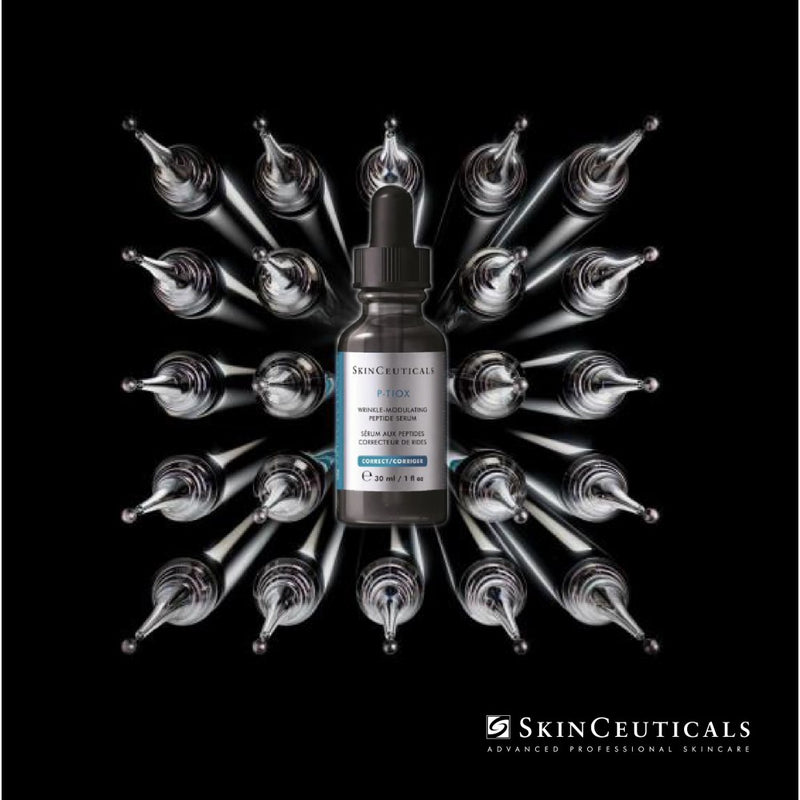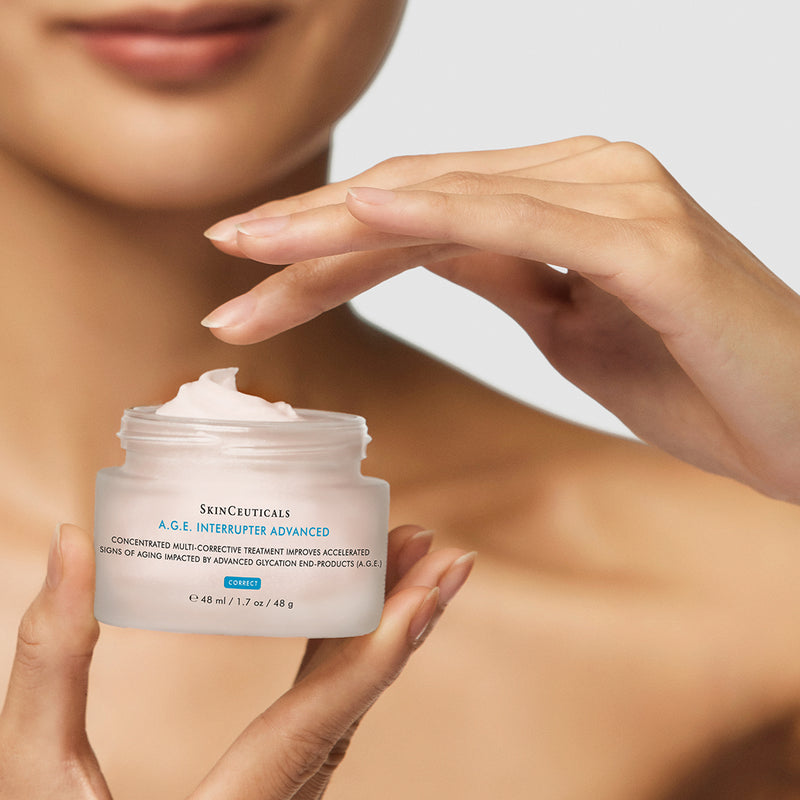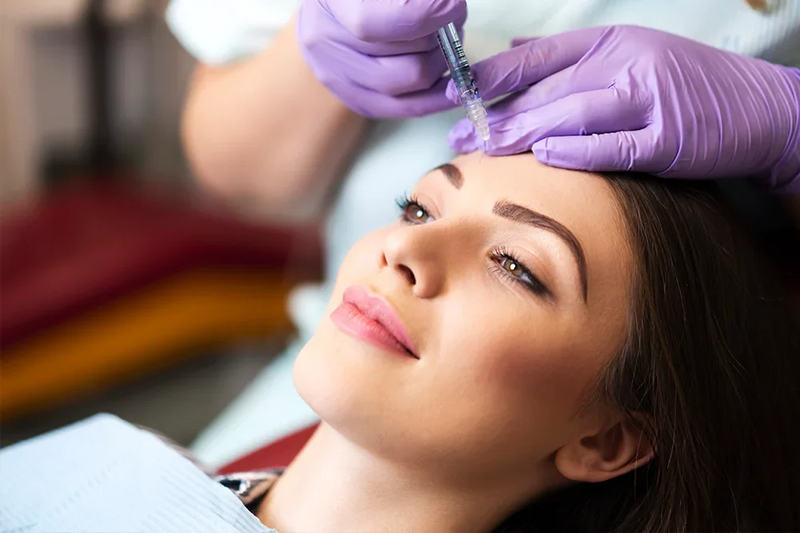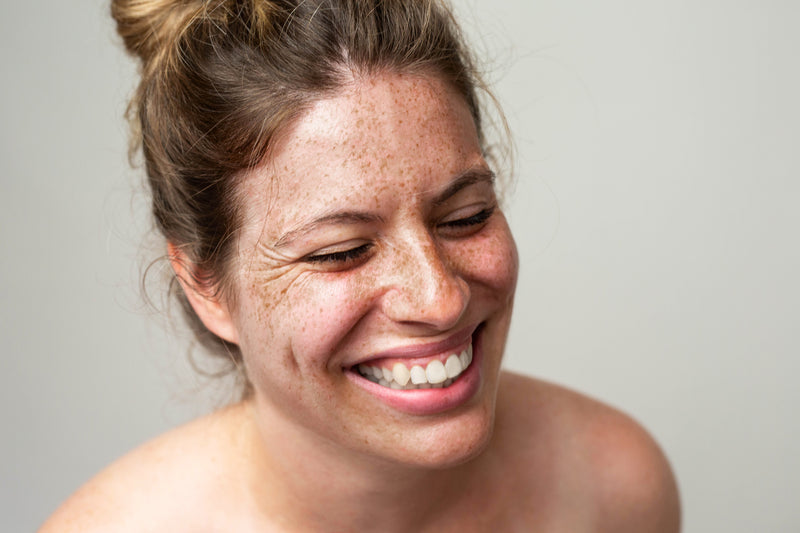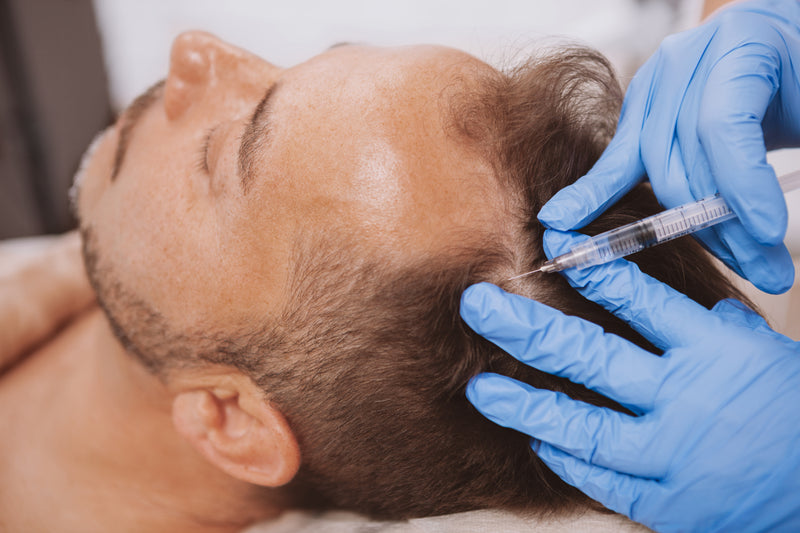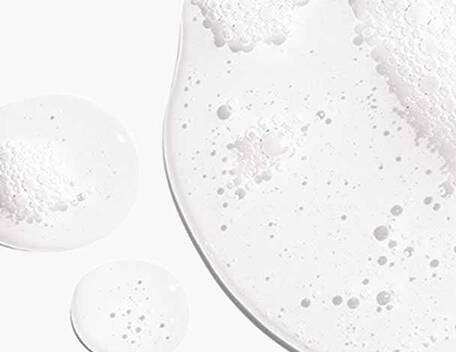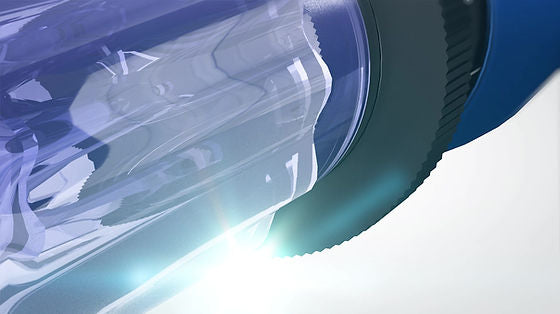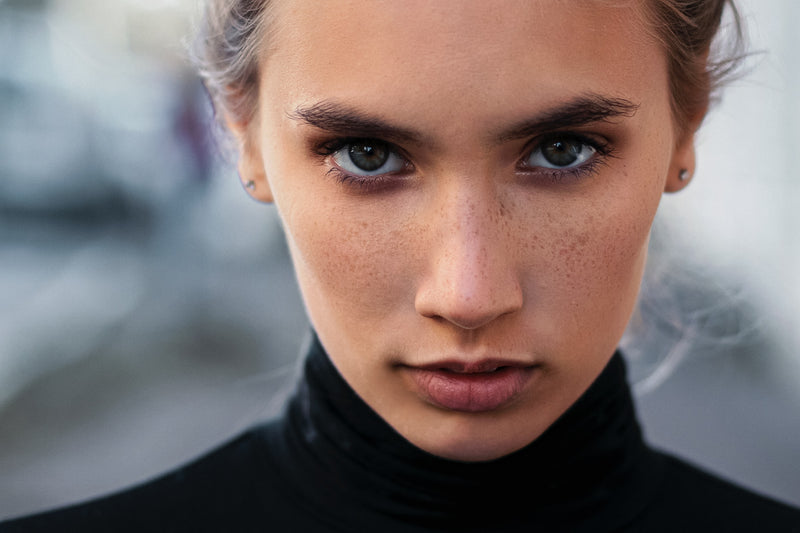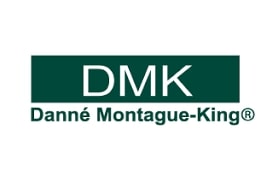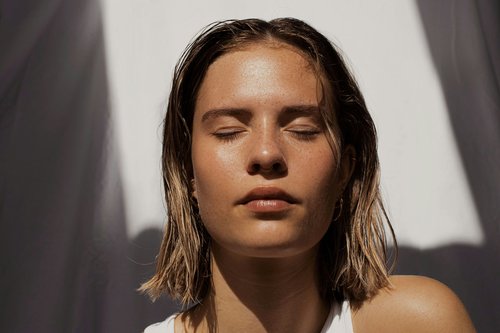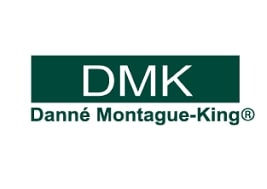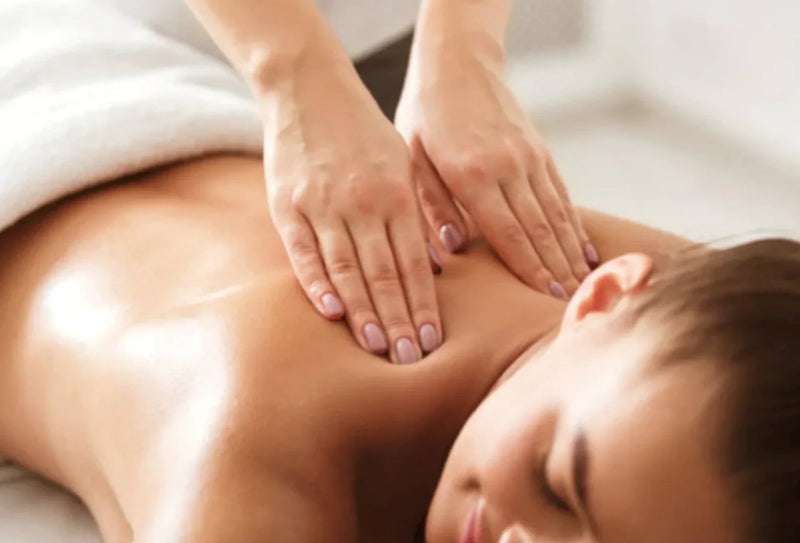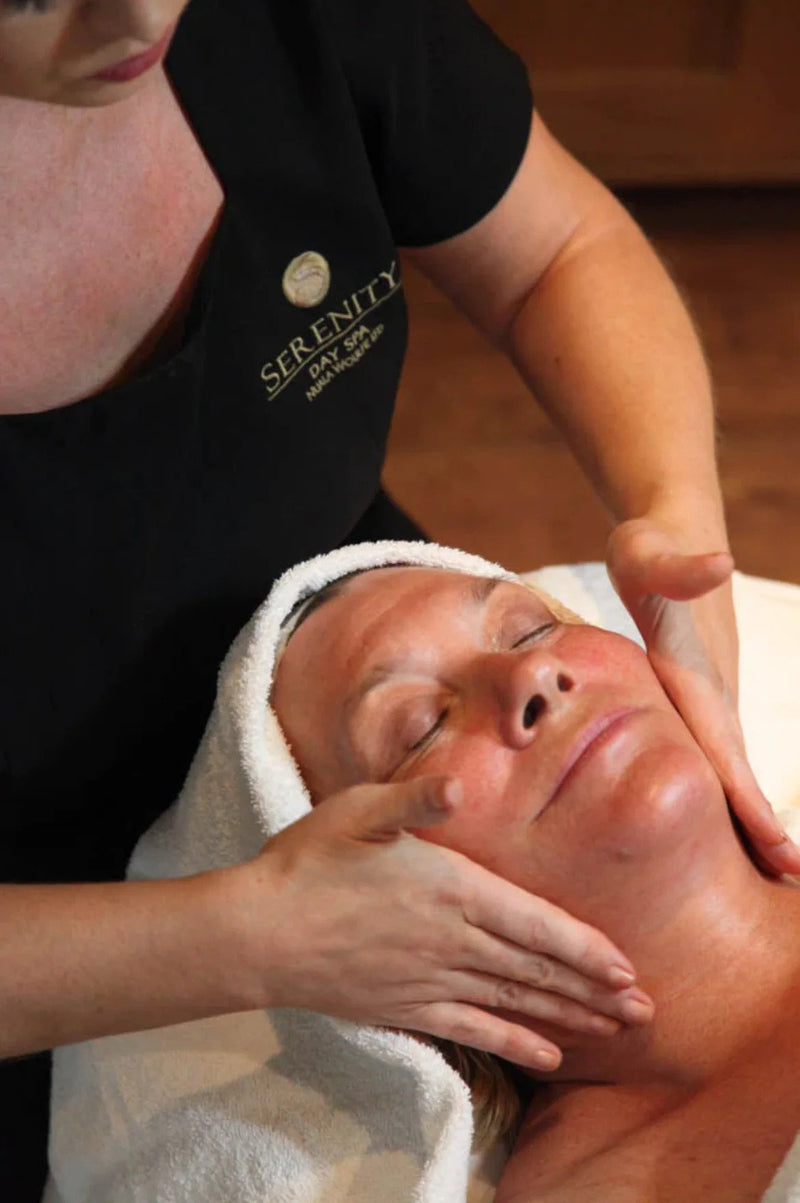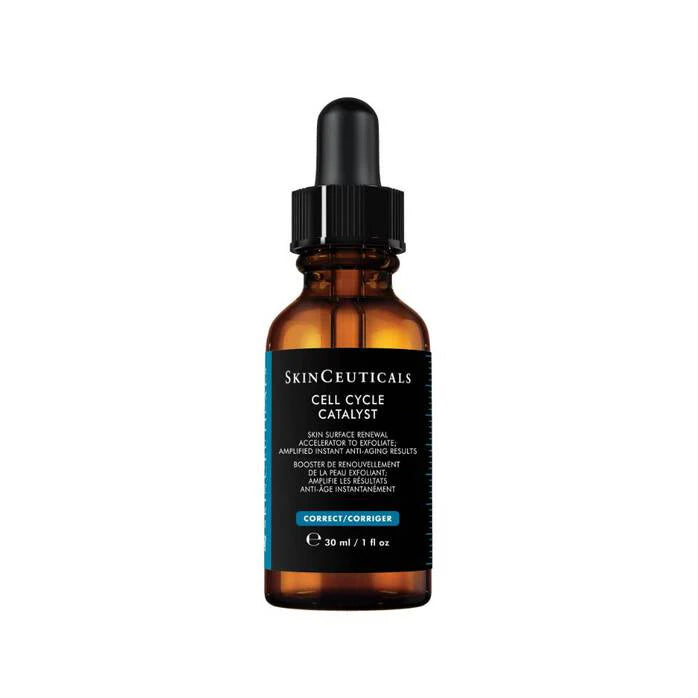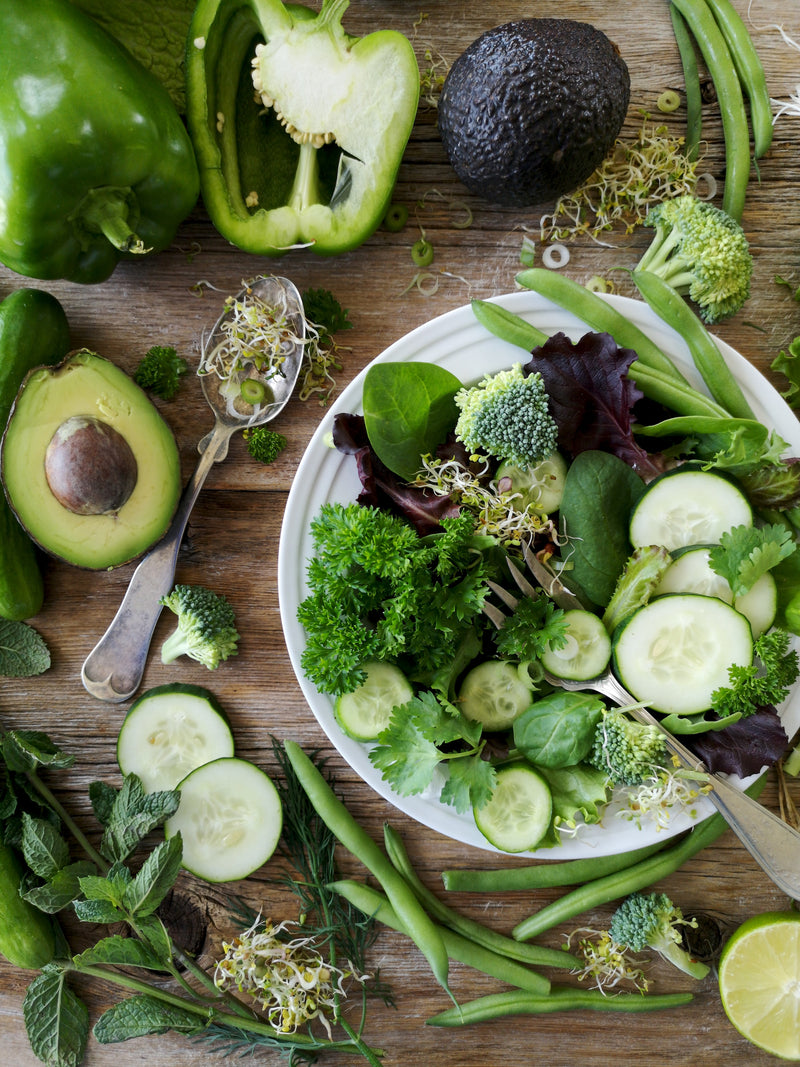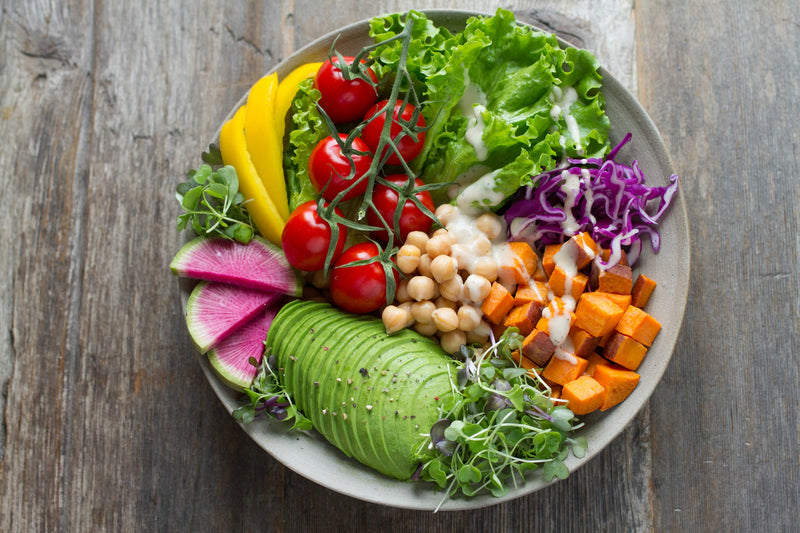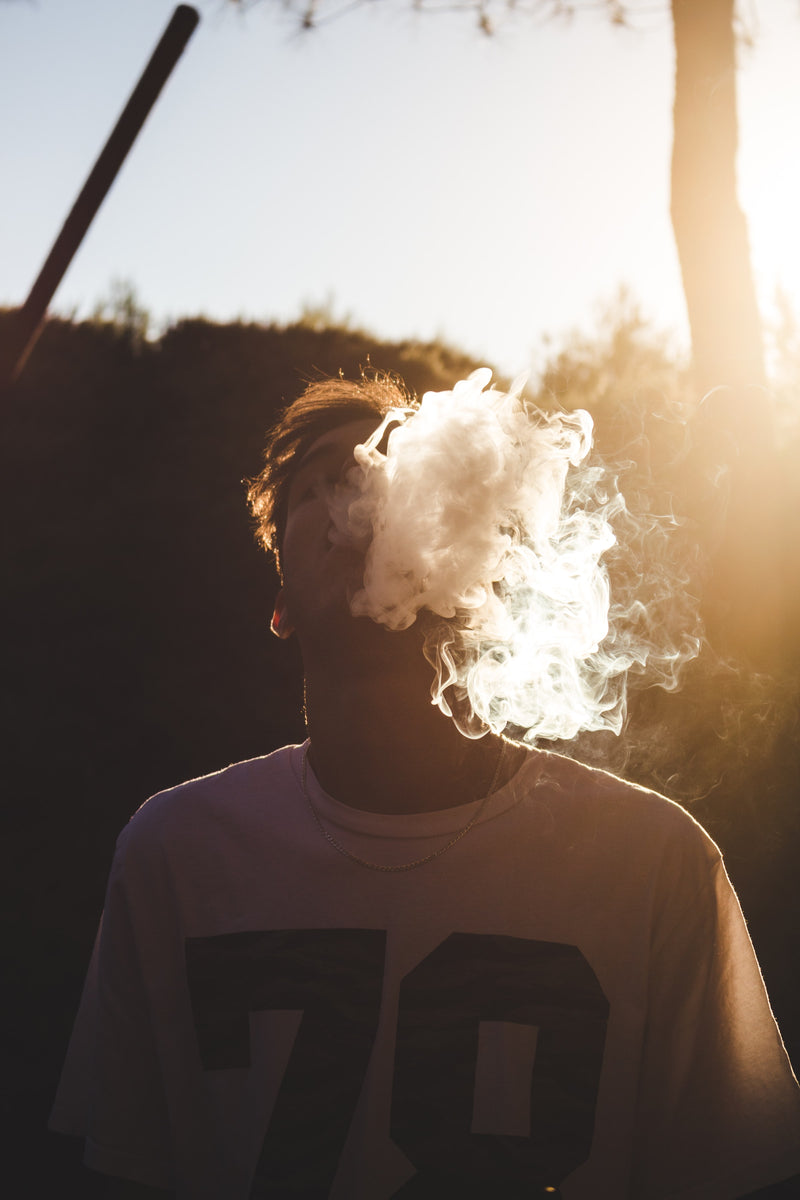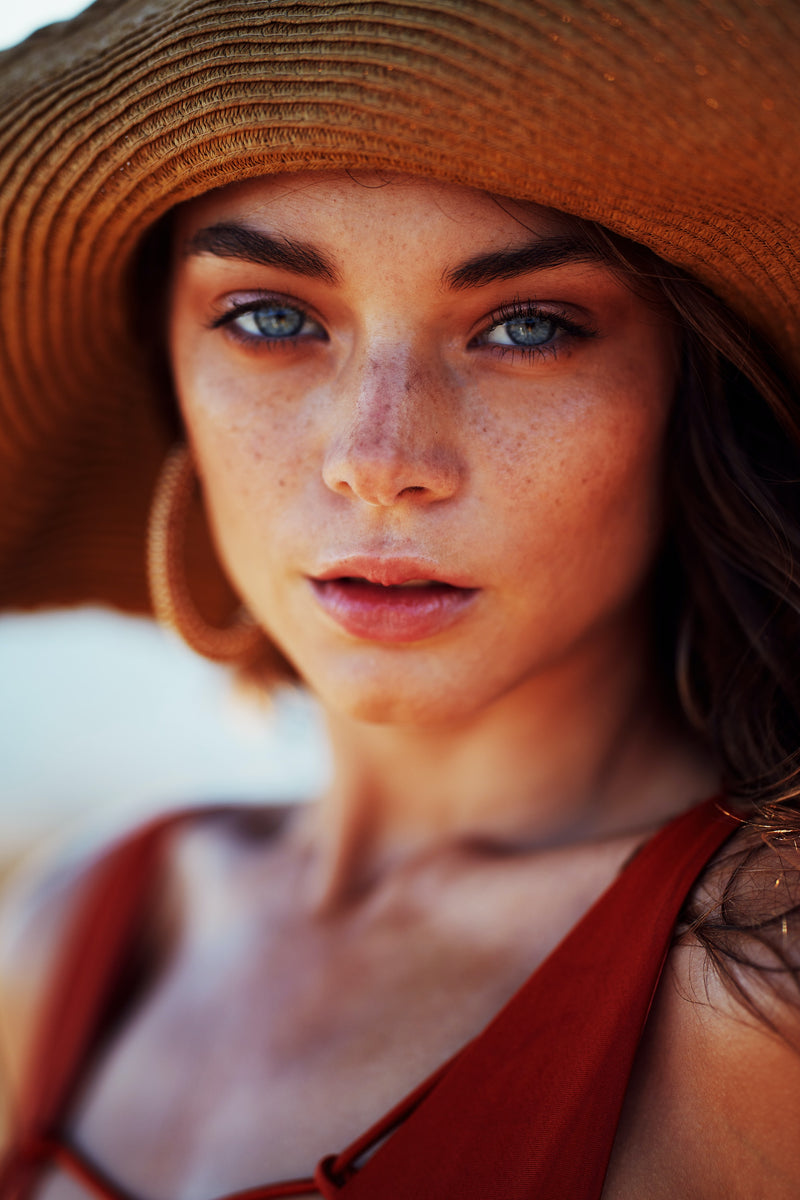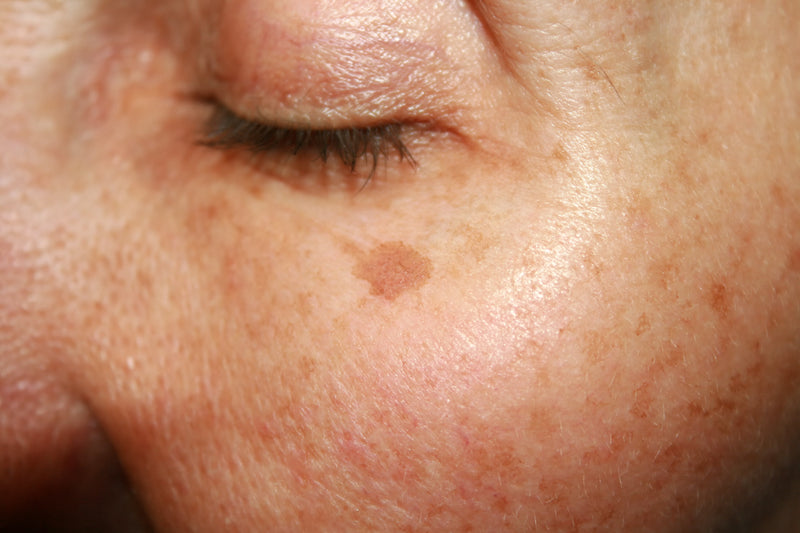Bakuchiol is being spoken about as being a natural retinol. Lets look at the research on both.

Bakuchiol is a new molecule that has a similar effect on retinoid receptors, but having no structural resemblance to retinoids family, but is considered a functional analogue of retinol. Study https://pubmed.ncbi.nlm.nih.gov/24471735/
Bakuchiol is a natural antioxidant and anti-ageing ingredient found in the seeds and leaves of the plant Psoralea Corylifolia. This plant, also known as babchi, is native to and grows wild throughout India, where it plays a role in Ayurvedic medicine https://www.ncbi.nlm.nih.gov/pmc/articles/PMC3249905/ .
In Ayurveda, it is recognised as a multitasking plant as every part of it can be used. You have probably read that bakuchiol is as effective as retinol in its anti-ageing effects, and some people have dubbed it “the natural alternative to retinol Recently, studies have begun to look into the effects of bakuchiol in modern skincare, with researchers drawing comparisons between the plant-derived extract and retinol.
In this study, https://onlinelibrary.wiley.com/doi/full/10.1111/bjd.16918 bakuchiol showed similar skin benefits to retinol — including an overall reduction in fine wrinkles and pigmentation associated with natural and photo ageing — without the side effects that often come with use of retinol, like dryness and skin irritation.
As with retinol it is best to do a patch test with Bakuchiol based products to ensure there is no sensitivity. Bakuchiol may be a good option for people who dislike to irritation that can happen in the early days of using Retinol.
Topical vitamin A–based drugs called retinoids.
Tretinoin recognised as the gold standard of Retinoids - originally researched for the treatment of acne the most used and most studied anti-ageing compounds— may reduce fine lines and wrinkles. Tretinoin, often sold under the brand name Retin-A, was the first retinoid. It was used as an acne treatment in the 1970s, but researchers later discovered that it also faded actinic keratosis spots, evens pigmentation, and speeds the turnover of superficial skin cells. ( Tretinoin, like Retinol, is a retinoid, but, unlike Retinol, Tretinoin is a concentration of pure retinoic acid. Retinol is converted into retinoic acid only after it's stored its applied and gradually absorbed by your skin) is considered the ‘holy grail’ ingredient for all things anti-ageing and anti-acne; but even though it's derived from natural vitamin A, the majority of retinoids are synthesised in some way.When applied to the skin, retinol "interacts with special retinoic acid receptors" and "initiates a biochemical cascade that leads to activation of certain genes that control collagen production, and reduce of the release of inflammatory mediators.
Research
Cosmeceuticals: The Evidence Behind the Retinoids https://academic.oup.com/asj/article/30/1/74/199813
Retinoids in the treatment of skin ageing: an overview of clinical efficacy and safety: https://www.ncbi.nlm.nih.gov/pmc/articles/PMC2699641/

Whether you are using prescription or over the counter versions these is some information that you may find helpful.
- Some of the normal responses to using these products are dryness, redness, and flaking.
- To allow your skin get accustomed to the use of retinol-based products start out slowly to build up a tolerance to the product — begin by using it once or twice a week. After two or more weeks ,use every third night, and when your skin is accustomed to that, you can use it every other night, followed by every night
- If your skin is very dry to begin with or compromised in any other way – try to correct this first before starting on retinol.
- Only ever use retinol-based products at night UV radiation breaks most retinoids down, rendering them ineffective.
- Your skin naturally goes in to repair mode at night so this is the best time to use the best antiaging ingredients.
- Begin with a lower percentage retinol cream and work your way up to stronger creams as your skin gets used to it.
- I recommend clients go up earlier in the evening to clean their skin, dry it and apply the retinol product at that point, then later when going to bed apply a moisturiser. It takes retinol approximately 30 minutes to absorb in to your skin. This appears to really help the skin to be less reactive to the active ingredients. If this does not work for you, clean your skin, dry the skin and apply your retinol, remember a small amount goes a long way, after applying, give your product a few minutes to absorb and then top it with moisturiser. Use a pea sized amount of retinol to cover the skin.
- There are no benefits to being too liberal.
- Combine with ingredients like niacinamide helps with retinol tolerance. SkinCeuticalsTriple lipid restore is also another popular combination.
- Avoid using other active skin care at least in the beginning until you know your skins tolerance levels. Seek advice if unsure.
- Retinol is sensitive to light and air. Keep your cream in a cool, dark place.
- When using retinol use a good quality broad spectrum sun protection of at least SPF 30 every day to help you get and maintain good results.
- Retinol products should not be used by pregnant women, or women who intend to become pregnant in the near future. Or if you have active acne rosacea or eczema.
- Allow your skin time to get used to the product. Have realistic expectations as it can take up to 12 weeks before your skin is showing real results. It can cause the skin to purge in the first couple of weeks for those with skin prone to breakouts.
- Avoid rubbing or scratching your skin when using retinol.
- It is very important to stop using retinol at least 3 days but preferably 10 days to two weeks prior to a sun or ski holiday AND before a facial, threading, waxing or a very special occasion.
- The type of product you use should depend of the skin type and the needs of the skin. Some retinoids suited to acne skins have a lower PH so dry the skin more.

- Skinade A& D Defence is a skin drink promoted to assist with retinol tolerance as you are drinking a ‘drinkable retinol’ so getting the benefits inside and out. Skinade A & D Targeted Solutions Skin Drinkhttps://www.nualawoulfe.ie/collections/skinade/products/a-d-targeted-solutions-skin-drink
My take.
I like retinol – I have seen fantastic results on my own skin and on clients with regular use. There are a lot of research papers that prove that retinoids work. As yet there are only a few research papers on Bakuchiol but based on what I have read it is certainly an ingredient to watch. I read some interesting information on where it was trailed on people with vitiligo in India with some promising outcomes.

SkinCeutical retinol (0.3%, 0.5% and 1%) is clinically proven to stimulate the skin’s collagen production and can thicken aged, thinned skin. It’s also formulated with bisabol, a soothing anti-irritant to calm the skin and prevent irritation.https://www.nualawoulfe.ie/collections/skinceuticals/products/skinceuticals-retinol-0-3-30ml
If you are sensitive or you would prefer a more gentle approach. I can recommend that you apply SkinCeutical Resveratrol BE first and then apply your retinol product . Don't worry the retinol will still get through . Retinol penetrates in to the skin.
Retinol and their active metabolites such as retinal, tretinoin, isotretinoin and alitretinoin belong to a group of first-generation retinoids. Retinol has the ability to effectively penetrate the stratum corneum (lipophilic nature of retinoids). Age, cellular metabolism, cardiovascular function, stratum corneum thickness, level of hydration and analysed area of the face are important factors in mature skin therapies.
More information on Retinol.
https://www.ncbi.nlm.nih.gov/pmc/articles/PMC6791161/
Nuala.



